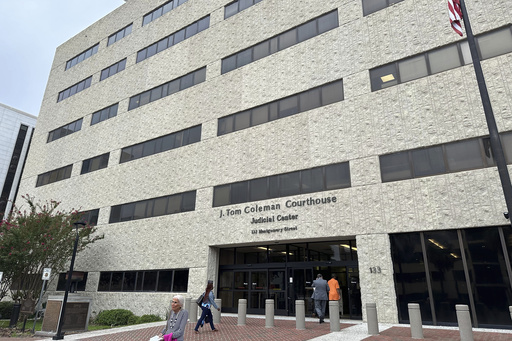
A lawsuit filed by a Georgia gun owner challenging a city ordinance in Savannah has been dismissed by a judge. The law in question imposes fines and potential imprisonment for individuals who leave firearms in unlocked vehicles. The dismissal was issued by Chatham County Superior Court Judge Benjamin Karpf on November 22, focusing on the claim that the plaintiff, Clarence Belt, did not have legal standing to pursue the case since he is not a resident of Savannah and has not faced any citations under the city’s ordinance.
In April, Savannah’s mayor and city council unanimously passed the ordinance aimed at preventing gun thefts from vehicles, which have been statistically high this year; over 200 guns were reportedly stolen from unlocked cars. The control measures, which include fines reaching up to $1,000 and a maximum of 30 days in jail, reflect the city’s intention to enhance public safety amid concerns regarding gun access and theft.
Belt’s attorney, John R. Monroe, had argued in court that the Savannah ordinance contravenes state laws that restrict local governments from regulating the possession and carrying of firearms. This assertion was echoed by Georgia Attorney General Chris Carr, who had previously cautioned city officials about the legality of their regulation, warning that such ordinances could expose them to civil liability. Despite this, local leaders disregarded the Attorney General’s advisories.
Monroe expressed confidence that the ordinance would ultimately be invalidated, indicating potential plans to appeal the ruling. He shared that Belt, who resides in Jesup, about 66 miles southwest of Savannah, frequently visits the city and keeps a firearm in his vehicle. Due to health issues and the absence of power locks in his car, Belt faces difficulties in complying with the new regulation. Monroe described the substantial physical challenge it poses for Belt to manually lock his vehicle, emphasizing the unreasonable burden it places on him.
Mayor Van Johnson, a Democrat and former police officer, has defended the ordinance, asserting that it encourages responsible gun ownership without infringing on the rights guaranteed to individuals regarding firearms. The city’s attorney, Bates Lovett, argued in defense of the ordinance, claiming that state law does not explicitly prohibit local regulations on gun storage and noted that the ordinance is focused on vehicle security rather than the regulation of firearms themselves.
